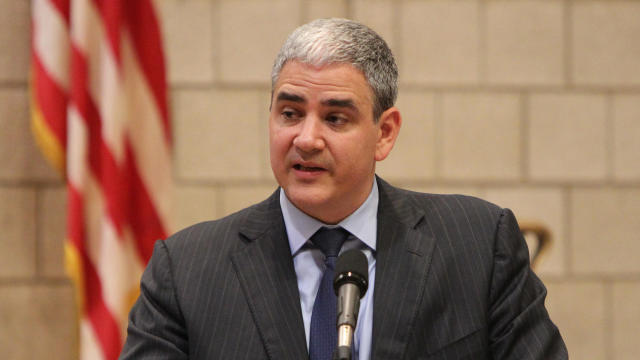
Senators expected to hold Steward Health Care CEO in contempt
The CEO of the troubled hospital chain did not appear at a Congressional hearing on Tuesday, despite a subpoena calling for his testimony.
Watch CBS News

Jon LaPook, M.D. is the award-winning chief medical correspondent for CBS News, where his reporting is featured on all CBS News platforms and programs.
Since joining CBS News in 2006, LaPook has delivered more than 1,200 reports on a wide variety of breaking news and trending stories in the health and medical fields, as well as feature stories on music, lifestyle and profiles of entertainment stars. LaPook's work has appeared on "CBS Sunday Morning," the "CBS Evening News," 60 Minutes, "CBS Mornings," "Face The Nation with Margaret Brennan" and CBS News Radio.
LaPook reported extensively on COVID-19 and delivered near-daily updates at the height of the pandemic on the spread of the virus and what was being done to stop it. Over the years, he has covered both international and national health issues, including the devastating 2010 earthquake in Haiti and ensuing cholera outbreak, the outbreaks of Ebola and Zika and the aftermath of Hurricane Maria in Puerto Rico, and a wide range of health topics such as Alzheimer's, cancer, cardiovascular disease, obesity, mental health, gun violence, vaccine hesitancy, AIDS, traumatic brain injury and health care inequity.
His interviews include President Obama on health care reform, Aly Raisman about the U.S.A. Gymnastics sexual abuse scandal, and Dr. Anthony Fauci, CDC Director Dr. Rochelle Walensky and NIH Director Dr. Francis Collins about a variety of public health problems. For more than a decade, he documented a couple's journey dealing with Alzheimer's disease. He has done multiple segments profiling health issues involving celebrities such as Ryan Reynolds, Angelina Jolie, Gilda Radner, Bob Saget, Alan Alda and Marcia Cross. He reported on the challenges medical professionals face in dealing with long COVID; he's profiled frontline health care workers; he's interviewed producer Phil Rosenthal and actor Ray Romano about the health benefits of travel, and interviewed Norman Lear, his father-in-law, about the challenges of facing a pandemic at the age of 98.
LaPook is also professor of medicine at the NYU Grossman School of Medicine, and an internist and gastroenterologist at NYU Langone Health. He is the creator and executive director of the NYU Langone Empathy Project, which seeks to promote a culture of empathy in medicine. In May 2022, he gave the commencement address for the classes of 2020 and 2021 at the Harvard T.H. Chan School of Public Health and spoke about the importance of empathy in health care.
LaPook's work at CBS News has earned him five Emmy Awards. He earned Emmy honors in 2012 for covering the national shortage of cancer drugs; he was part of the team that won for the 2013 coverage of the Boston Marathon Bombings; he earned two for his work on "CBS Sunday Morning;" and in 2021 as part of the team that earned "CBS Morning's" "Outstanding Live News Program."
In 2020, LaPook was awarded a Drama Desk Award for his work as medical contributor to "Stars in the House," keeping the theater community informed throughout the coronavirus pandemic.
In 2018, The Alliance for Women in Media awarded him a Gracie Award in the News Feature Series category for two groundbreaking 60 Minutes reports on the U.S.A. Gymnastics sexual abuse scandal. That same year he was named a George Foster Peabody Awards finalist for his 60 Minutes work on the scandal. He has won two Edward R. Murrow Awards: in 2007 and 2013. He earned a New York Press Club Award for Journalism for a WCBS-AM News Team Special, "Eye on Ebola." In 2010, he was recognized by the Webby Awards for his documentary series "CBS Doc Dot Com."
In the medical field, LaPook works to weave media and the arts into training, with an eye on enhancing the experience between healthcare professionals and their patients. He has also done extensive work in the field of medical computing, including writing a medical practice management software package that he sold in 1999 to a company that was later acquired by Emdeon Corporation, the parent company of WebMD.
Born in Mineola, N.Y., LaPook graduated with honors from Yale University and received his M.D. from Columbia College of Physicians and Surgeons, where he was elected to AOA, the national medical honor society. He completed his residency in internal medicine and fellowships in gastroenterology and medical informatics at Presbyterian Hospital in New York City.

The CEO of the troubled hospital chain did not appear at a Congressional hearing on Tuesday, despite a subpoena calling for his testimony.
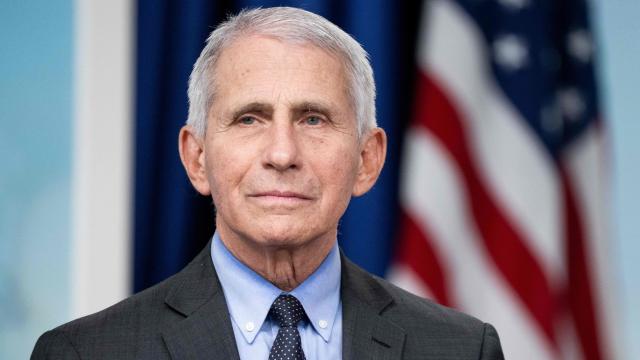
Fauci said he was hospitalized after experiencing a fever, chills and severe fatigue.

CBS News chief medical correspondent Dr. Jon LaPook takes a look at new research that suggests popular drugs like Ozempic and Wegovy might help with other cravings.
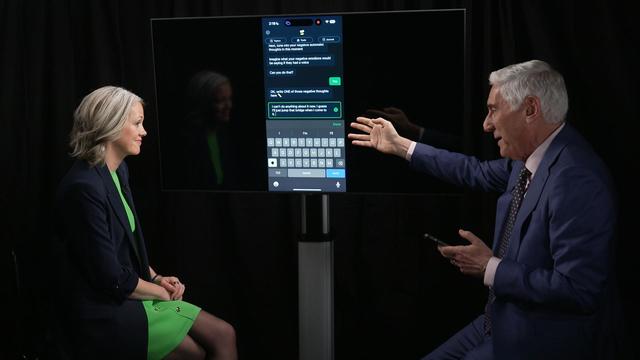
Artificial intelligence is being used as a way to help those dealing with depression, anxiety and eating disorders, but some therapists worry some chatbots could offer harmful advice.
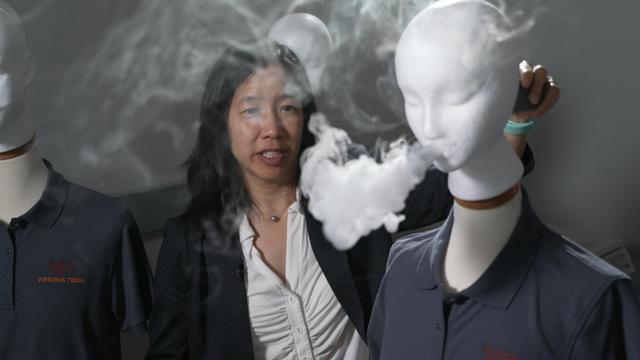
With COVID an ongoing concern and flu season getting started, aerosol researchers say there needs to be a focus on improving the quality of the air we all breathe while inside.
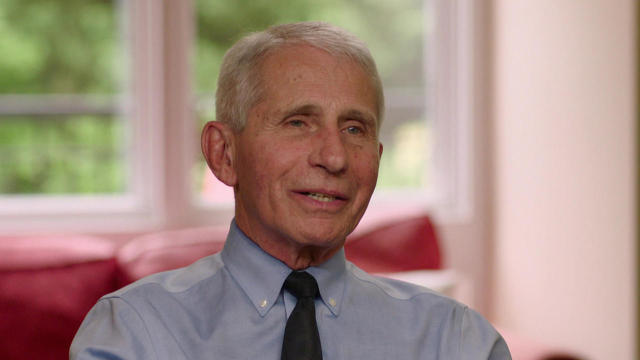
Millions today owe their lives to the work of the man who devoted his career to public health, but in recent years Dr. Anthony Fauci has been targeted by a partisan, anti-science spectrum of opponents.
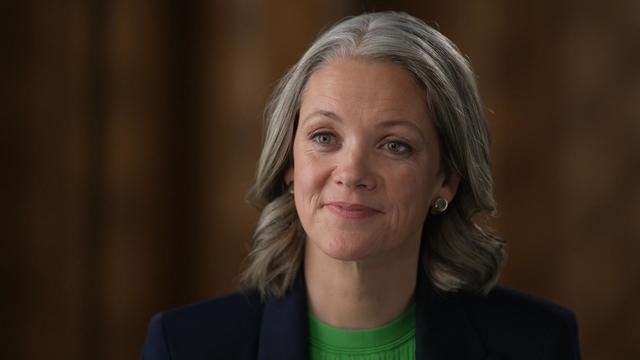
Providers of mental health services are turning to AI-powered chatbots to help fill the gaps amid a shortage of therapists.
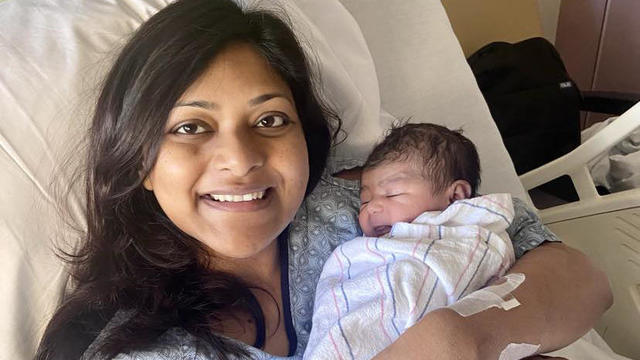
CEO of hospital system struggling with supply shortages previously acquired a $40 million megayacht, company confirms.
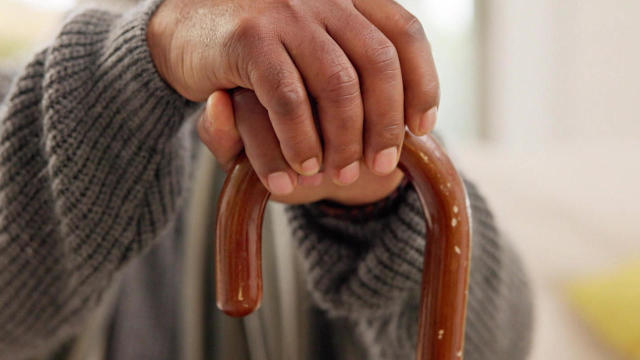
Dr. Jon LaPook talks with experts about the distinctions between normal and abnormal aging as it affects memory issues, a workforce continuing beyond traditional retirement age, and the testing of surgeons who currently work without age limits.

Sandberg was a 10-time All-Star as well as a winner of nine Gold Glove Awards, seven Silver Slugger Awards, and the 1984 National League Most Valuable Player Award.

CBS News chief medical correspondent Dr. Jon LaPook explains PSA tests and the process of diagnosing and treating ailments such as benign prostatic hyperplasia and prostate cancer.
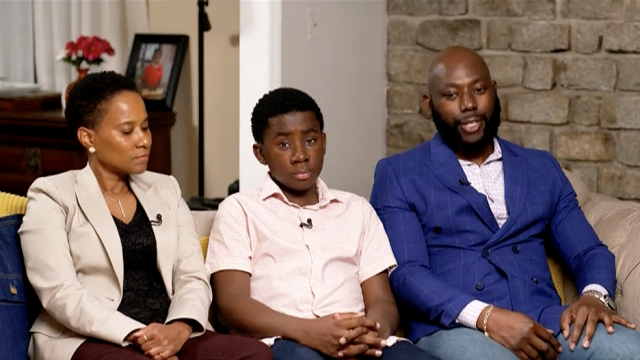
Sickle cell disease affects approximately 100,000 people in the U.S., predominantly people of color.
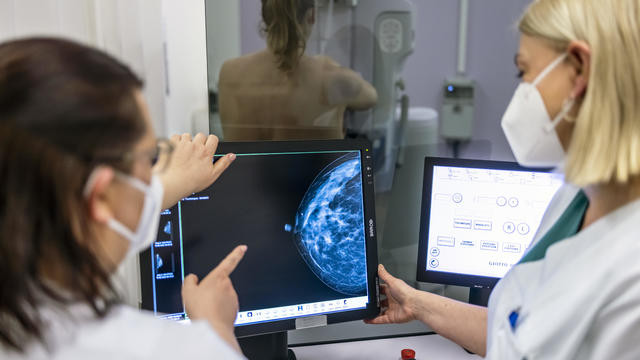
AI is bringing new options to breast cancer screenings, but doctors say it won't replace what they do — instead, it's a tool that research shows can help detect more cancers.
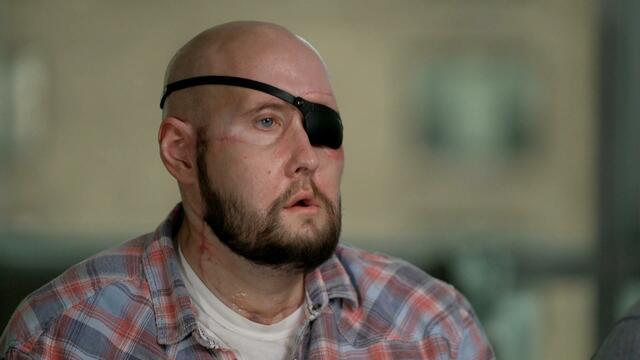
Aaron James lost most of his face in a 2021 work accident where he accidentally touched a live wire.
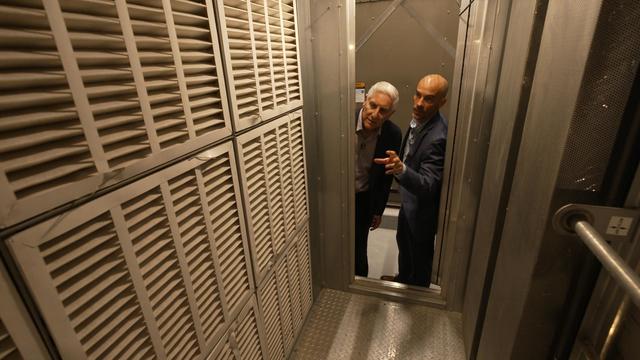
Joe Allen believes rethinking building design, with an eye on better ventilation systems, is crucial for public health.